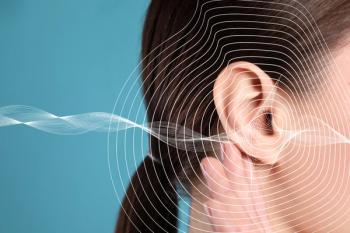
|Slideshows|November 7, 2018
To Increase-or Not to Increase-the Dose?
Author(s)Brian Miller, MD, PhD, MPH
A brief discussion of dose increase versus unchanged continuation of antidepressants after initial treatment failure in patients with depression.
Advertisement
Newsletter
Receive trusted psychiatric news, expert analysis, and clinical insights — subscribe today to support your practice and your patients.
Advertisement
Latest CME
Advertisement
Advertisement
Trending on Psychiatric Times
1
Partially Reversible Tinnitus Associated with Bupropion: A Case Highlighting the Importance of Dosage Adjustment
2
Antidepressant Withdrawal Syndromes: Listening to the Patient and Taking It Slow
3
NDA Accepted and Priority Review Granted: Oveporexton for Narcolepsy Type 1
4
OCD, Psychedelics, and Cannabinoids: New Evidence
5






